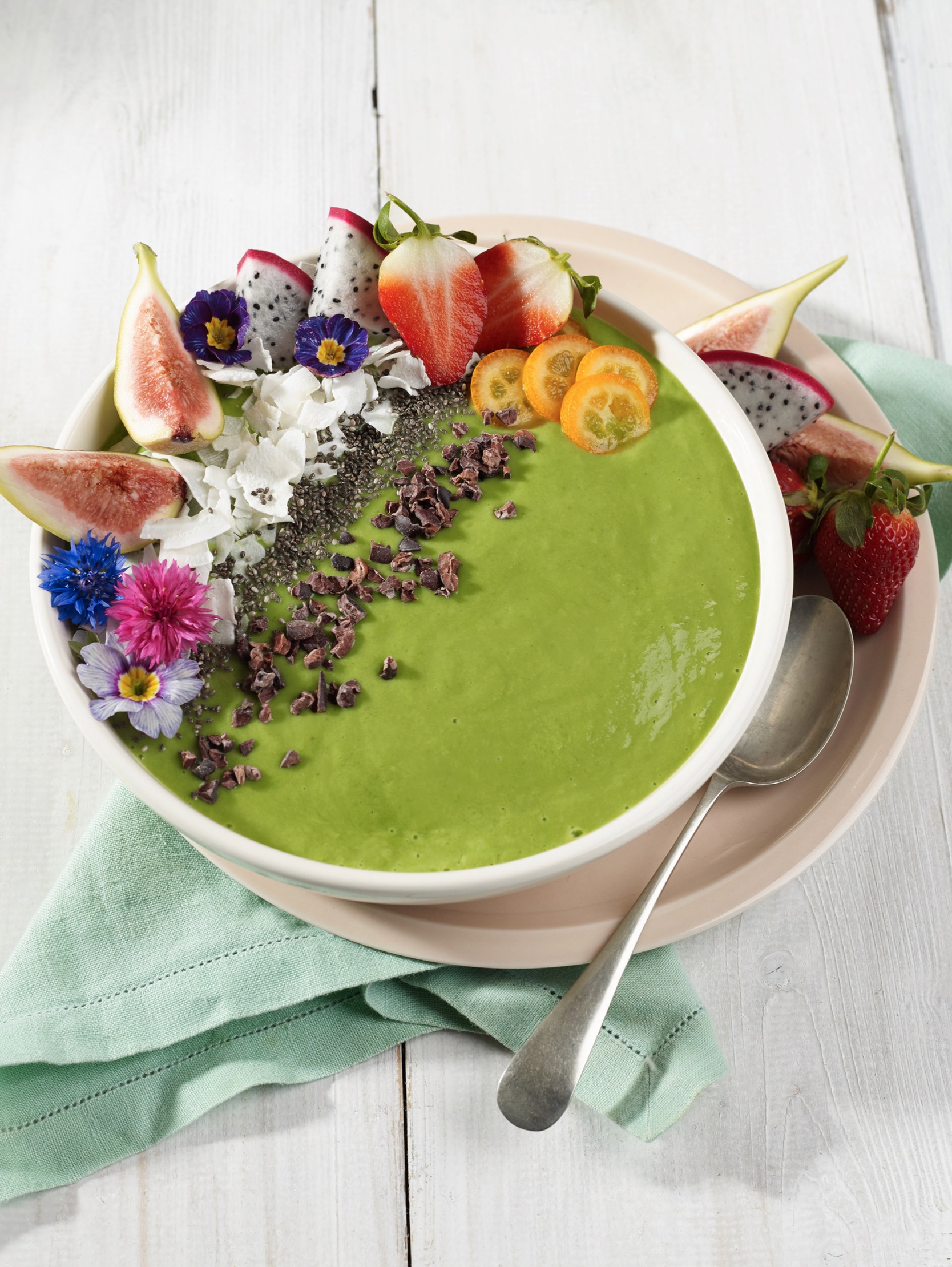Thanks to their proven health and environment benefits, plant-based diets are becoming more popular each year. Studies show that eating more plant-based meals can help with sustaining weight and even weight loss, reducing the risk of mortality, and lowering the risk of heart disease.
Changing what you eat can be a scary thing. Transitioning to a more plant-based diet takes time and should be done over a long process for the best results. If you’ve been thinking of alternating what you eat, then a plant-based diet might be the best option for you.
Here are some tips for smoothly transitioning to this new way of life.

- Begin slowly
It is important to keep in mind that your body will need time to adjust to a new diet. By starting slow and picking a few plant-based meals to rotate throughout the week, you can slowly ease your body into this new routine.
Start with some of your favourite meals that just happen to be plant-based, like oatmeal, jacket potatoes, bean and rice burritos, or veggie stir-fry, then build on them. After a while, you will subconsciously be cooking plant-based meals without even realising it.
2. Have healthy foods in the house
The increase in popularity of a plant-based diet has meant that it is easier than ever to incorporate plant-based foods into your meal plan. For example, restaurants offering plant-based alternatives like kale chips and tofu, as well as supermarkets selling dairy-free milk.
By stocking up on healthy foods, you will find yourself reaching for plant-based recipes in no time. Explore the vegetarian and fresh produce aisles in your local supermarket and keep healthy snack options in your fridge at home.
3. Drink your veggies
A plant-based diet doesn’t have to be boring. By getting creative in the kitchen and drinking your veggies, you can keep your meals fun and exciting.
Making smoothies is an easy way to provide your body with essential vitamins and minerals, and also gives you total control over the sugar and fat content of your diet. Juicing City has the best juicing tips and recipes to follow, ensuring that you can enjoy all the benefits of drinking your veggies, and sticking to your new plant-based diet.
4. Cut down on processed foods
If you feel like you are struggling to adjust to your new diet, making simple changes like cutting down on meat and processed foods and instead adding a large portion of salad or a fresh fruit bowl, can keep you motivated to stick to your new food plan.
Swapping meat with plant-based alternatives will mean you’ll soon start craving more plant-based foods over time.
Mexican food is a good cuisine to eat plant-based, since there are plenty of ways to trade the animal-based ingredients in meals like tacos and quesadillas, for delicious plant-based alternatives.
Transitioning to a plant-based diet can have many benefits. However, as with any diet, it is important that you ease your way into this new routine to ensure that you do not deny yourself any essential nutrients. To avoid developing a deficiency, a vitamin B12 supplement can also be taken by those changing to a plant-based diet.

